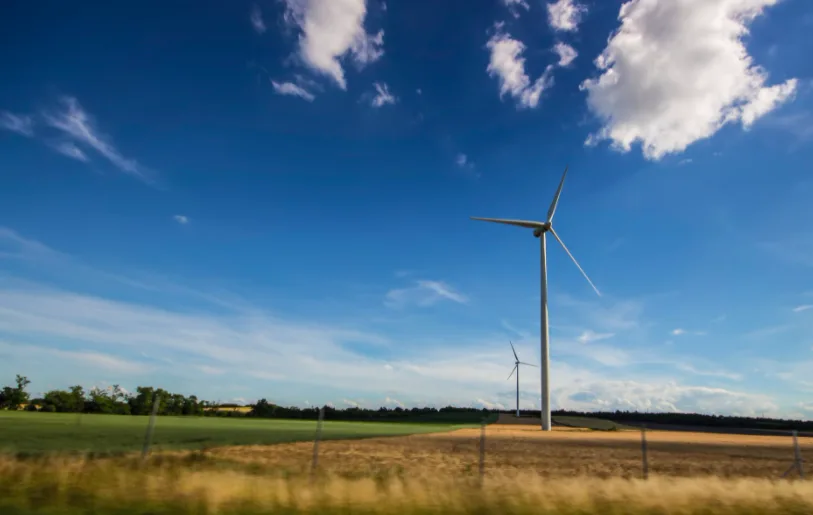
Nova Scotia aims to be powered by 80 per cent renewables in 8 years
The Nova Scotia Government is planning to phase out coal by the year 2030, but don’t expect a surge in oil and gas usage as a replacement. The plan is to use 80 per cent renewable energy.
Burning coal for electricity will be phased out in Nova Scotia by 2030 and renewables are setting the stage to power the province's future.
The Ecology Action Centre’s Gurprasad Gurumurthy told The Weather Network that, "the idea that you have to have domestic resources to move towards development is kind of getting old because now, with wind and solar, you can almost extract it from anywhere on earth."
Legislation tabled by the province is aiming for 80 per cent of Nova Scotia's energy to come from renewables by 2030. There have already been investments in wind energy, and Keith Collins, Nova Scotia’s executive director of sustainable and renewable energy, has noted the importation of hydroelectric energy will play a major role.
"We're gonna pull from Muskrat Falls, it will be the power from Newfoundland, it'll come underwater through the Maritime Link,” Collins said.
“That's about $1.6 billion Nova Scotians have put into developing that link and the next one we're looking at is the Atlantic Link to connect to New Brunswick and to Quebec."

Federal and provincial officials and representatives from Nova Scotia Power discussing Nova Scotia’s clean energy future. (Communications Nova Scotia)
Additionally, according to Electricity Policy Director David Miller, the province is anticipating a massive transition, not just on electricity generation, but also electricity consumption.
"We talk about this as the decarbonization of the electricity system and the electrification of the economy,” Miller said.
“Whereas right now, the majority of vehicles are internal combustion engines on gasoline or diesel, we see that transitioning over the next decades to primarily being battery driven or electricity driven."
An investment in new electric buses in Halifax is part of the first phase along with provincial incentives for anyone who purchases electric bicycles, but there is more to come.
You can watch the video above for more information.
Thumbnail credit: Pexels







